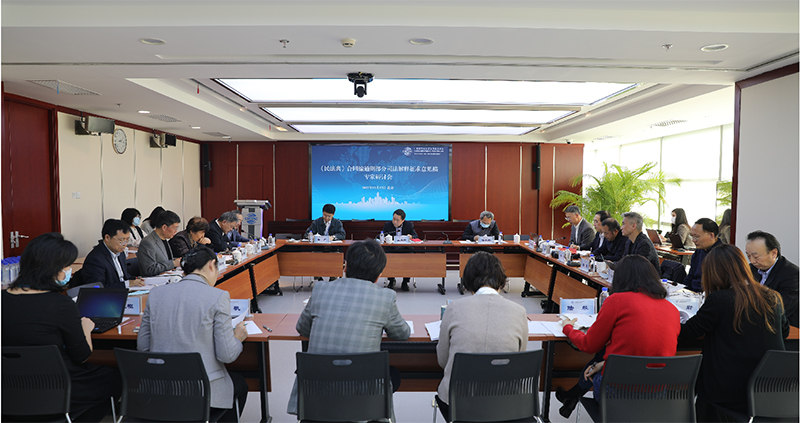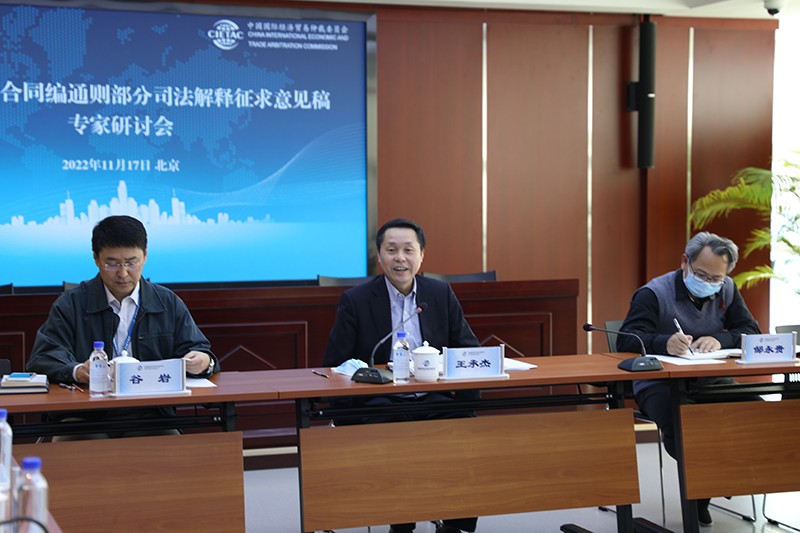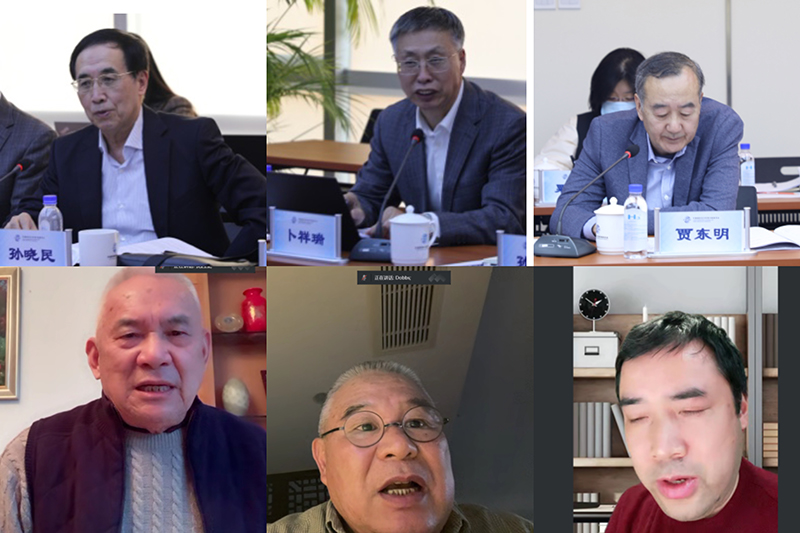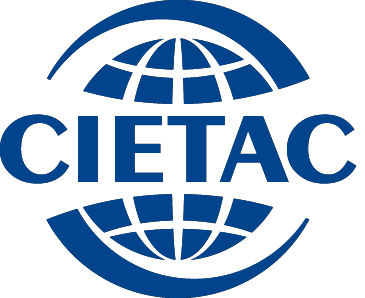In order to promote the development of China's civil and commercial legal undertakings, respond to the requirements of the rule of law, and give full play to the strength of professional institutions, China International Economic and Trade Arbitration Commission ("CIETAC") organized the expert Seminar for Soliciting Opinion Draft on Judicial Interpretation of General Provision of Contract of Civil Code ("the Seminar ") in the afternoon of November 17. More than ten experts from universities, legislatures, industry associations, judiciary, enterprises, lawyer industry and other fields were invited to attend the seminar and have specific discussion on the application of soliciting Opinion Draft on Judicial Interpretation of General Provision of Contract of Civil Code of the People's Republic of China recently published by the Supreme People's Court ("the Draft").

The seminar was presided by Wang Chengjie, Vice Chairman and Secretary General of CIETAC. He said that the Civil Code is the cornerstone of commercial arbitration, and the draft published by the Supreme Court will play a pivotal role in the development of China's civil and commercial legal system and arbitration business. CIETAC attaches great importance to the feedback work and hopes to leverage its institutional strength, gather the advantages of experts, and refine practical experience accumulated in the adjudication of cases. It will provide constructive suggestions for judicial interpretation from multiple levels and different perspectives, promote the establishment of a civil and commercial legal system in line with China's national conditions, facilitate the construction of a market-oriented and rule-based business environment in China, and accelerate high-quality economic and social development.

(Secretary General Wang Chengjie delivered speeches)
During the discussion session, Sun Xianzhong, member of the Faculty of Chinese Academy of Social Sciences, Executive Director and member of the Academic Committee of China Law Society, Du Xinli, Professor of China University of Political Science and Law Law School, Vice President of China International Private Law, Li Hongji, Partner of Beijing Commerce&Finance Law Offices, Cao Shunming, General Manager of the Internal Control and Compliance Department of China Reinsurance (Group) Co., LTD., Jiang Jingye, Partner of Beijing Global Law Office; Tao Xiuming, Partner of Beijing Junzejun Law Office, Yao Hui, Professor of Renmin University of China Law School and Director of the Research Center for Civil and Commercial Legal Science; Li Fan, former deputy Director of the Research Office of the Supreme People's Court; Sun Xiaomin, former Vice President of China Minmetals Corporation; Bu Xiangrui, former Director of Legal Affairs and Chief Legal Counsel of China Banking Association; Jia Dongming, former Director of the Civil Law Office of the Commission for Legislative Affairs of the National People's Congress; Shen Sibao, President of Chinese Society of International Econominc Law Institute of International Economic Law and former Dean of University of International Business and Economics Law School; Xia Jun, Partner of Alliance J&S Law Firm; Xue Jun, deputy dean of Peking University Law School and Secretary General of the Institute of Rule of Law and Development, a total of 14 authoritative experts successively deliver speeches and exchange ideas around the draft, focusing on key issues such as the relationship between litigation of subrogation and agreed jurisdiction, circumstances affecting the effectiveness of contract, and consequences of changes of the validity of contracts from the aspects of legal position, legislation technology, adjudication practice and other different angels.

The experts at the seminar generally believed that the draft is based on the original intention of legislation, problem-oriented, and designed to effectively solve the urgent problems in the trial, which reflects the important function of judicial policy. Based on this, the experts suggested that the judicial interpretation of the general provisions of Contract of the Civil Code should continue to practice the principle of respecting the autonomy of the parties, anchor the value orientation of reasonably balancing the interests of all parties, and further improve the formation of a rigorous logic, reasonable structure, harmonious and unified legal system. At the same time, it should actively implement major national policies and guidelines, focus on promoting domestic and foreign-related rule of law in a coordinated manner, base itself on the international position of actively participating in global governance, give full play to the vital role of arbitration in the diversified dispute resolution mechanism and properly resolving civil and commercial disputes, ensure and lead the steady development of the rule of law of China.
CIETAC has always valued and actively participated in the legislative and legal revision work, played its institutional advantages, pooled industry strength, take the responsibility of "national team" think tank role, making due contribution to the establishment of a fair and efficient commercial dispute resolution mechanism and a sound and reasonable civil and commercial legal system.
Gu Yan, Vice President of CIETAC Arbitration Court, Zou Yonggui, Deputy Party Secretary of CIETAC and directors of all departments and Sub-Commissions attended the seminar.





